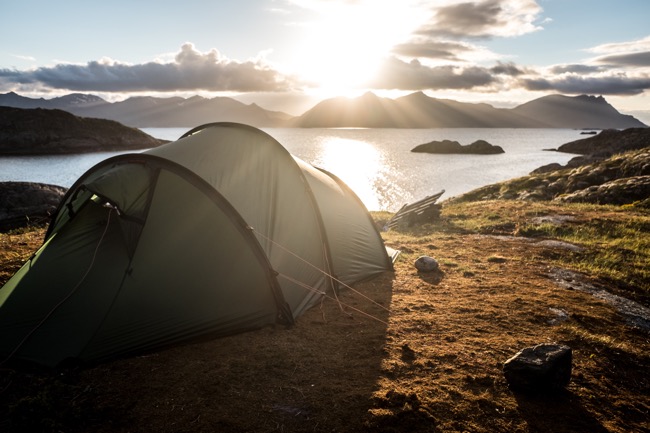
Packing for a camping trip requires planning. You want to make certain that you will have everything you will need without wasting space on things you won’t need or want. When planning what to pack, you will need to consider the length of the trip and the likely weather conditions. If you are planning activities like fishing or canoeing, you will need the necessary equipment plus any legal permits like a fishing license. You will also have to think about whether you are going backpacking, staying in a cabin, or taking an RV. Speaking of RV, you can find great and affordable selections from www.campsmart.net.au.
Nonetheless, there are some items you will always need:
First Aid Kit
No matter how careful you try to be, it’s easy to get hurt while camping. A good First Aid kit will let you handle most minor problems, and you can usually get one at a camping goods store or the local pharmacy. A First Aid Kit should include the following:
• Band-Aids of different sizes
• Calamine lotion for poison ivy, insect bites or sunburn
• Gauze roll or gauze pads
• Antiseptic ointments
• Aspirin
• Antihistamines
• Diarrhea medication
• Hydrogen peroxide for cleaning cuts and other small wounds
• Tweezers
If you already have a First Aid kit, make sure everything in it is still useable. Medications do expire.
Sturdy Shoes
Camping trips almost always involve hiking, and you will need the right footwear to prevent blisters and turned ankles. There are many different types of hiking boots and shoes available, and you will need to pick one that suits your needs. For example, if you are going someplace wet, you will want water-resistant boots. If you are going someplace warm, you will want shoes that can breathe. The most important criterion is fit. Hiking shoes or boots should be snug, not tight, and they should allow some wiggle room for your toes.
Clothes
As the weather becomes cooler, pack clothes that can be worn in layers. The innermost layer should keep moisture away from your skin, and the outermost layer, depending on conditions, should either be waterproof or able to trap heat. Don’t bring anything made of cotton, for once it gets wet, it stays wet. While they aren’t clothes per se, sunglasses, sunscreen, and bug repellant will also help protect you from the elements.
Food & Water
The average adult human needs to drink at least two liters or a little over two quarts per day. Somebody going hiking, especially in hot or cold weather or when climbing a mountain, will need significantly more than that. If you plan on drinking from streams or other natural sources, you will need a water filtration system.
As with water, the physical exertions that accompany a camping trip will increase the amount of food you will need to eat. Plan on eating at least 2500 calories a day. Bring mostly non-perishable food, especially for hikes, canoe trips, and the like. If you have an RV or a cabin with electricity, you can keep and eat perishable food there. Also, consider your cooking skills when choosing food. Generally speaking, you should choose items that are easy to prepare and store. Remember to consider nutrition. Nuts, dried fruit, and energy bars will keep you going a lot longer than candy bars.

Follow itravelnet.com